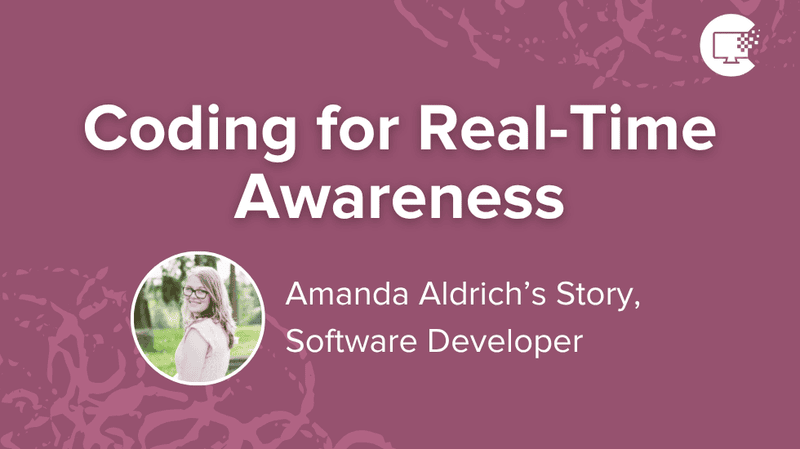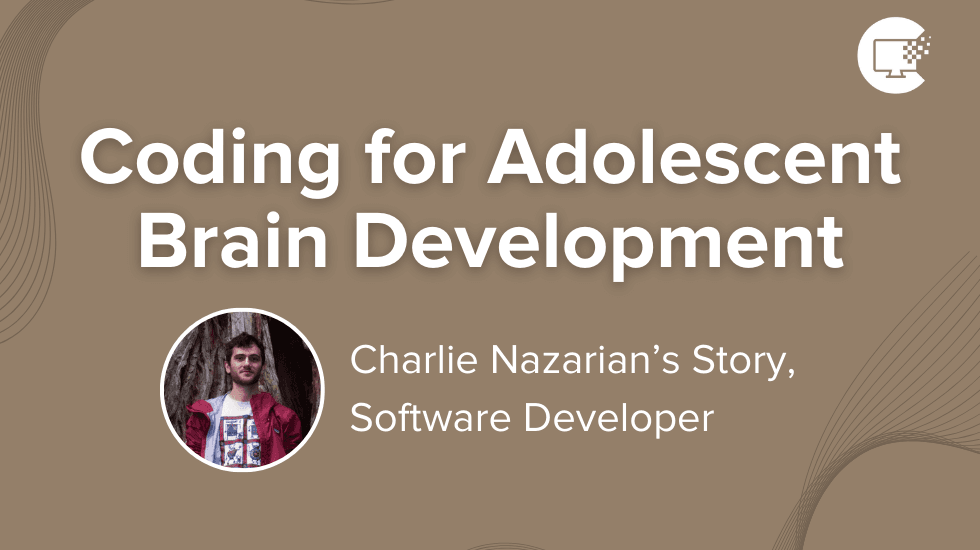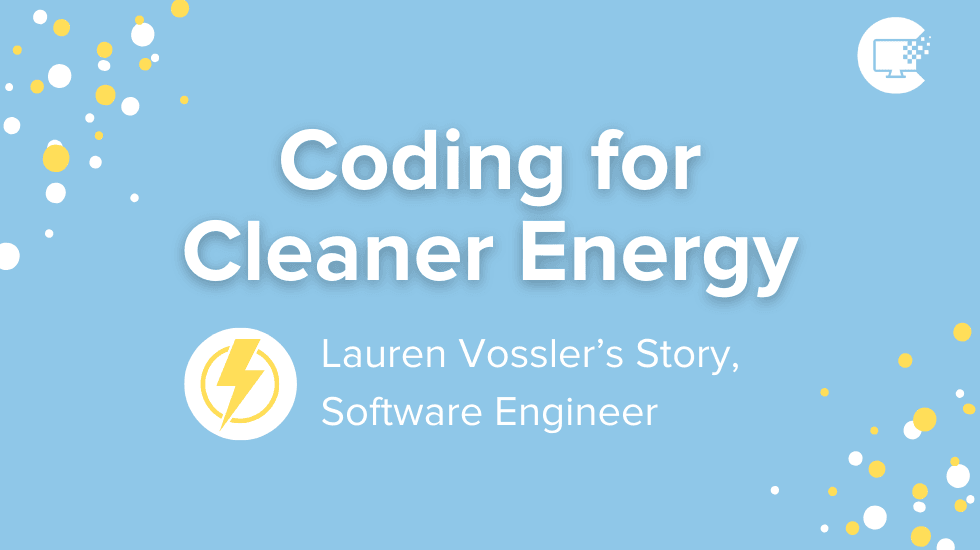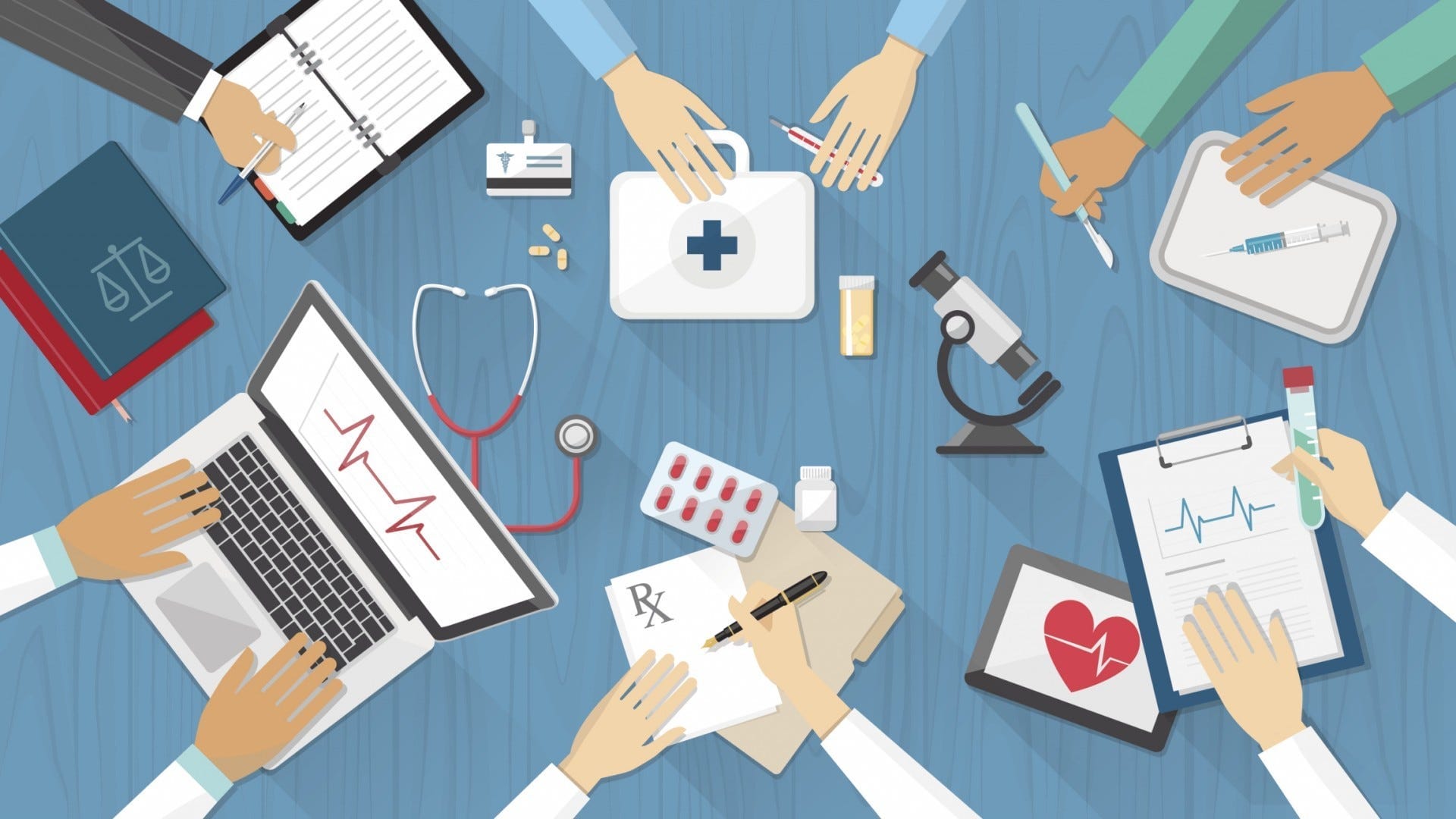
Coding for Healthcare
By Mark Connolly
As a childhood cancer survivor, I always knew that I was going to end up working in healthcare. Medicine saved my life, but I knew that there were other people who would face more difficult challenges and wanted to do something to positively impact the care they received.
When the time came to pick a college and major — I fell into Bioengineering. Early on in undergrad, I got the opportunity to work in a research lab that studied different ways to improve walking function after stroke and spinal cord injury. What started out as just being an extra set of hands turned into a full time position out of school as a research engineer. I collected and maintained our research data — metabolic performance, motion capture analysis and step activity. I interacted with various software and hardware to collect this but utilized Matlab to process this data.
Finding ways to practice your coding on things you care about does wonders for developing comfort with a particular language.
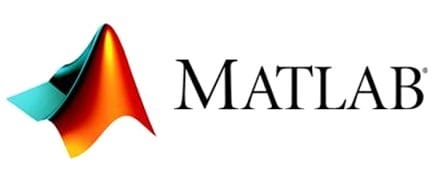
Working with Matlab allowed our group to improve turnaround time on analysis by automating work that could have taken months if done manually. Research is done to share what works with the rest of the world so the sooner we had results available the sooner we could share and improve care! We were taught Matlab in undergrad but it was directly applying it in this research lab where I really got strong in my first programming language and coding in general. Finding ways to practice your coding on things you care about does wonders for developing comfort with a particular language. While I started with Matlab, for those just starting off I do recommend starting with R or Python as these are used more, are open source and have tons of support online.
The more time I spent in the research lab, the more I realized how important data in healthcare was and how it was evolving. I also saw how messy it could be and how much data could be collected for a single person — let alone an entire hospital or country. With this in mind, I decided to begin a master’s program to concentrate on Bioinformatics and hone my skillset. We learned about more advanced statistical analysis, machine learning techniques and database management.
Prior to completing the master’s, I moved to another hospital to work as a senior analyst (my current role today). I found an opportunity to work with a major health center, with an electronic health record data and alongside a group of strong data analysts, data scientists and data architects. It was a different world seeing an entire team focused on providing analytic support to an entire hospital compared to a single lab and the data we were working with there.
You’ll find that once you learn one or two programming languages you can pick up others quicker as general concepts are consistent between languages.
In my role, we work alongside hospital leaders (C-suite, doctors, nurses, social work, case management) to improve the quality of care our patients receive. We’re often tasked with identifying patients at risk for certain negative outcomes or identifying inefficiency within the care we provide. I had to learn SQL for the first time at this role but was able to quickly pick it up due in large part to my experience with Matlab and undergraduate work. You’ll find that once you learn one or two programming languages you can pick up others quicker as general concepts are consistent between languages. An additional tool we use here is Tableau — a business intelligence tool that allows for data visualizations and analysis of large data sets. This helps us quickly identify areas of opportunity and monitor ongoing initiatives to make sense of all the noise data brings with it. While the tool is quick to pick up, I felt my prior experience with coding helped expedite the learning curve and accomplish more advanced work.
Hospitals are constantly trying to improve the quality of care they deliver and lean on analytics and predictive modeling to do this.
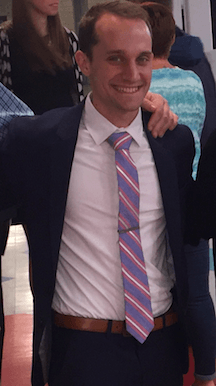
The value of computer science and data in healthcare is apparent today. Hospitals are constantly trying to improve the quality of care they deliver and lean on analytics and predictive modeling to do this. I’m a strong believer that healthcare data is the most challenging to work with and a great field to hone computer science skills while making a positive impact on the lives of people every day.
Outside of work, Mark enjoys Chicago Cubs baseball games, sushi dinners with his friends, and training his puppy Bailey. Connect with Mark on LinkedIn!
